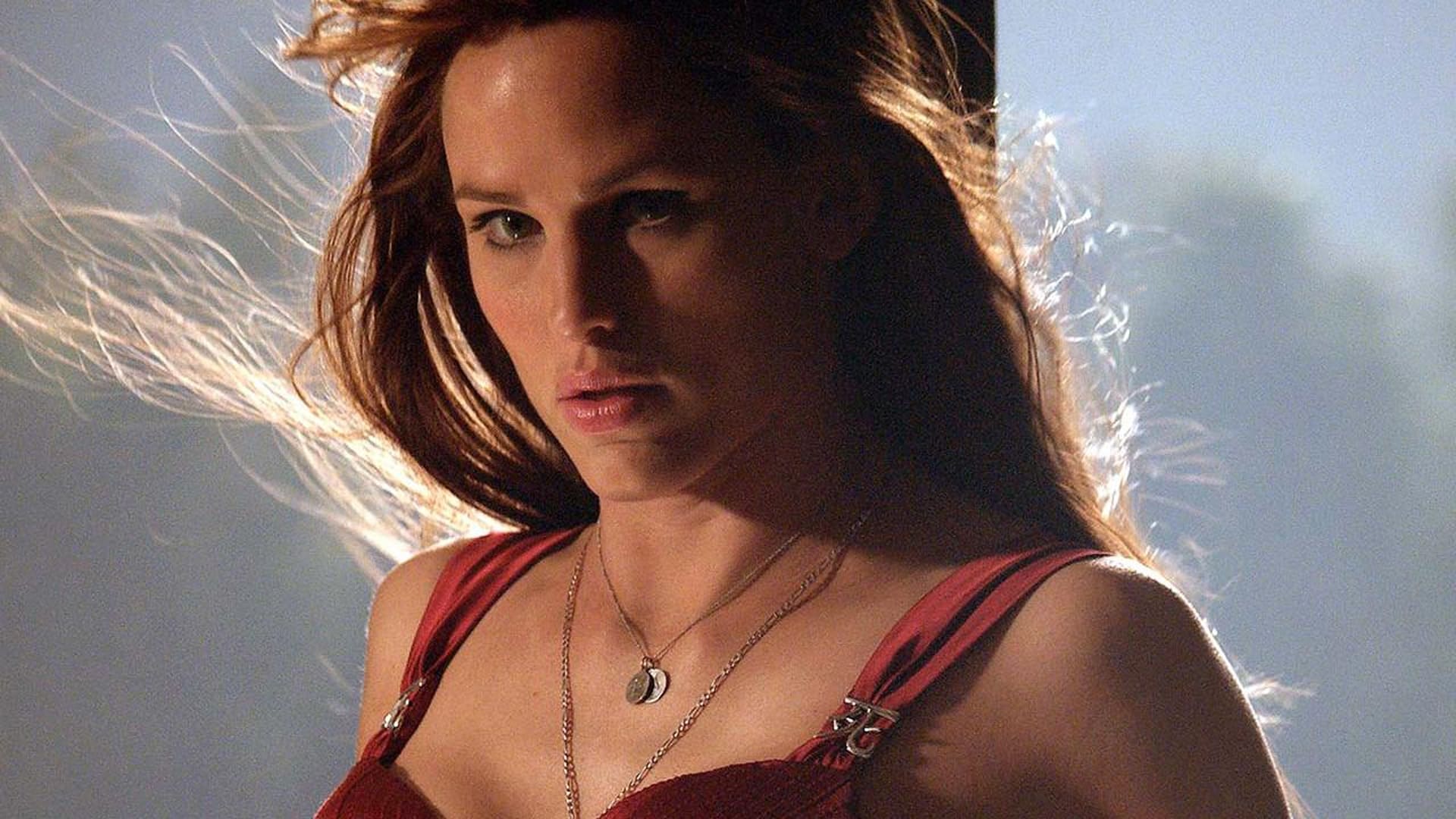Just two short years after being introduced in Daredevil, Jennifer Garner’s Elektra gets the historical distinction of being the first female-led Marvel movies, but also (possibly) stands as a reason why we didn’t get any more female-driven Marvel movies until Captain Marvel nearly fourteen years later. It’s easy to put the blame on the lack of female superhero movies on the failure of Elektra, but I find it hard to believe there isn’t more going on here: when the MCU really got rolling, there’s no valid reason Black Widow didn’t receive her own starring vehicle and there were plenty of interesting female superheroes to pull out of the X-Men series. The fact is, female representation has always been a bit dismal in the comic book realm, and the race to get these adaptations to the big screen had studios picking the most historically identifiable and popular characters from Marvel’s stables, which unironically come from the 1960’s and are all alliteratively named white men.
That being said, Garner did a decent job – considering the context of the film – in 2003’s Daredevil and the character of Elektra Natchios showed some promise before being sacrificed needlessly to further motivate Matt Murdock’s turmoil and double down on his need for revenge. So maybe an Elektra movie could travel back in time a bit to show us a bit of the story of this mysterious character and the trials she’s overcome to become the fighter she is today. Or, as it turns out, we could just pick up where we left off and just ignore her death for the most part. It’s entirely possible that I just missed a line of dialogue or hazy montage, but Wikipedia is informing me that Stick (a blind martial arts master who trained Daredevil) revived her then proceeded to train her (which I do remember).
None of that changes what this movie is, or more specifically, what it isn’t: a coherent, interesting character story. The entire first third of the movie is confusing and inconsistent. The opening scene establishes Elektra as a spectral force of nature, as she’s able to overcome her target’s security systems and reaffirms that she Always Gets Her Mark. Unfortunately most of the intro scene is from the mark’s perspective, as he tells his goon how everyone is dead already now that Elektra is on to them and indeed, she does show up in the room and makes quick work of him. But we don’t really get to see Elektra save for the final blow. It’s like the opposite of John Wick, where the villain goes into detail on how terrifying the protagonist is, then proceeds to show us exactly that, Wick rolling through bad guys in spectacular fashion. Except with Elektra, we proceed to watch her mope around from scene to scene, staring into the distance while we’re treated to ambiguous montages of her past.
She’s a contract killer now, which is boring and uninspired. The story kicks in when she refuses to kill her targets: Mark Miller and his daughter Abby (played by Goran Visnjic and Kirsten Zien respectively). Not fully with conscience yet, she’s about to bail on everything until she discovers that the organization is sending more assassin’s, which just gives me the impression that Elektra is either new to this whole process or just incredibly naïve. Elektra takes a liking to Abby, no doubt seeing shades of herself in the young girl.
Meanwhile, the organization is The Hand, represented here by the stereotypical power struggle of leadership from a board room (of course) and a group of assassins brought in to correct the situation and take down Elektra and her friends. These villains are interesting enough and feel like wasted opportunity as each of them could be a compelling adversary for Elektra on their own. That is, if they were given the opportunity to be fleshed out. As it stands, they are flat and lifeless threats that get a short amount of time to showcase their powers (and some interesting special effects) before they are dispatched. It really felt like they wanted to pull in as many characters as possible from the rogue’s gallery just to serve as some form of fan service, which just makes everyone disappointed. We’re then treated to a showdown with the gang’s leader, Kirigi.
It’s entirely possible that I missed Elektra in theatres, as I remember watching the film in my friend’s living room, although that memory is questionable. Indeed, when I decided to revisit these old Marvel films and under the belief that I had never seen it before, I grew excited to see Elektra only to have the cloud draw back and I realized this would be a revisit as well. That’s pretty much how memorable this film is. There’s not a lot to like about the film, and the first third nearly lost me altogether. The second two acts do pick up the pace and as a result of being more straightforward, are at least enjoyable on the surface. The special effects are not terrible, but they do feel a little ridiculous to the point where I was actively distracted by the comedy of all the white sheets floating around during the climactic battle. Elektra is a meandering, messy and ultimately forgettable entry in the superhero genre.
